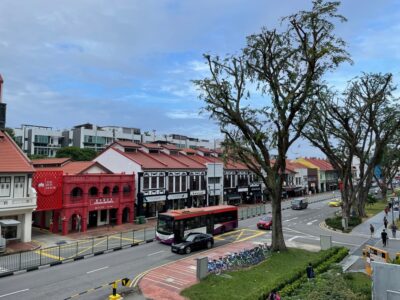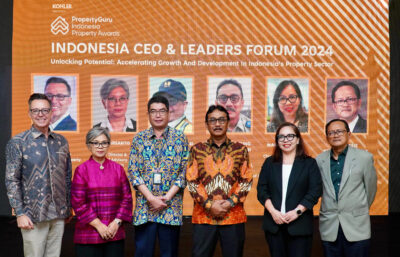What China’s reduced RRR means for real estate
Beijing sending signal that it is loosening monetary policy after years of deleveraging

Monetary easing will impact China’s real estate sector slowly, according to a note this week by CBRE.
Chinese regulators retain a cautious approach towards real estate financing, meaning that the effect of monetary easing and the lower cost of capital will impact the real estate sector “gradually,” said Sam Xie, head of research for China at the consultancy.
Also, CBRE believes domestic investment demand for commercial real estate could improve in the second half of 2019, supporting asset prices, he added.
Talk of relaxation in the mainland’s monetary policy mounted after the People’s Bank of China (PBoC) announced it would lower banks’ required reserve ratio (RRR) by 100 bps today, 15 January. It marks the first across-the-board cut to the RRR since April 2016.
The RRR will be reduced by another 50 bps on 25 January in a move to infuse the economy with an estimated CNY800 billion (USD118.5 billion) of liquidity. Further RRR cuts may be considered in the coming months.
“While authorities continue to stress the principle of ‘housing without speculation’, local policy implementation is expected to become more flexible this year,” Xie stated.
Several cities have already lifted property curbs, while commercial banks have reduced mortgage interest rates. Should economic performance falter, the government is expected to loosen its grip even more.
Beijing’s moves are happening against a background of acrimonious trade ties between the US and China. Xie exhorted occupiers and investors to keep themselves abreast of the latest developments ahead of the 90-day truce’s expiry in March.
Occupiers and investors should also prepare for the possibility of the further weakening of the CNY, he warned. Since 2018, China’s monetary policy has gradually diverged from that of the US, with the latest RRR cut coming on the heels of the Federal Reserve interest rate hike last month.
“This indicates that PBoC strategy will now be driven more by domestic economic factors, rather than external alignment. It also implies that currency value will take secondary priority,” Xie said.
Recommended
Meet the vagabond architect behind India’s housing scene
Vinu Daniel is helping to shake up India’s home building setting
Where Asian real estate stands in a fragmented, warmer world
Asia’s real estate industry faces many and varied challenges as external factors continue to bite
6 sights to see in Singapore’s Marine Parade
Handily located Marine Parade has emerged as a vibrant investment choice in the Lion City
There’s a township dedicated to health and wellness in Malaysia
Property seekers have their health needs catered for at KL Wellness City








